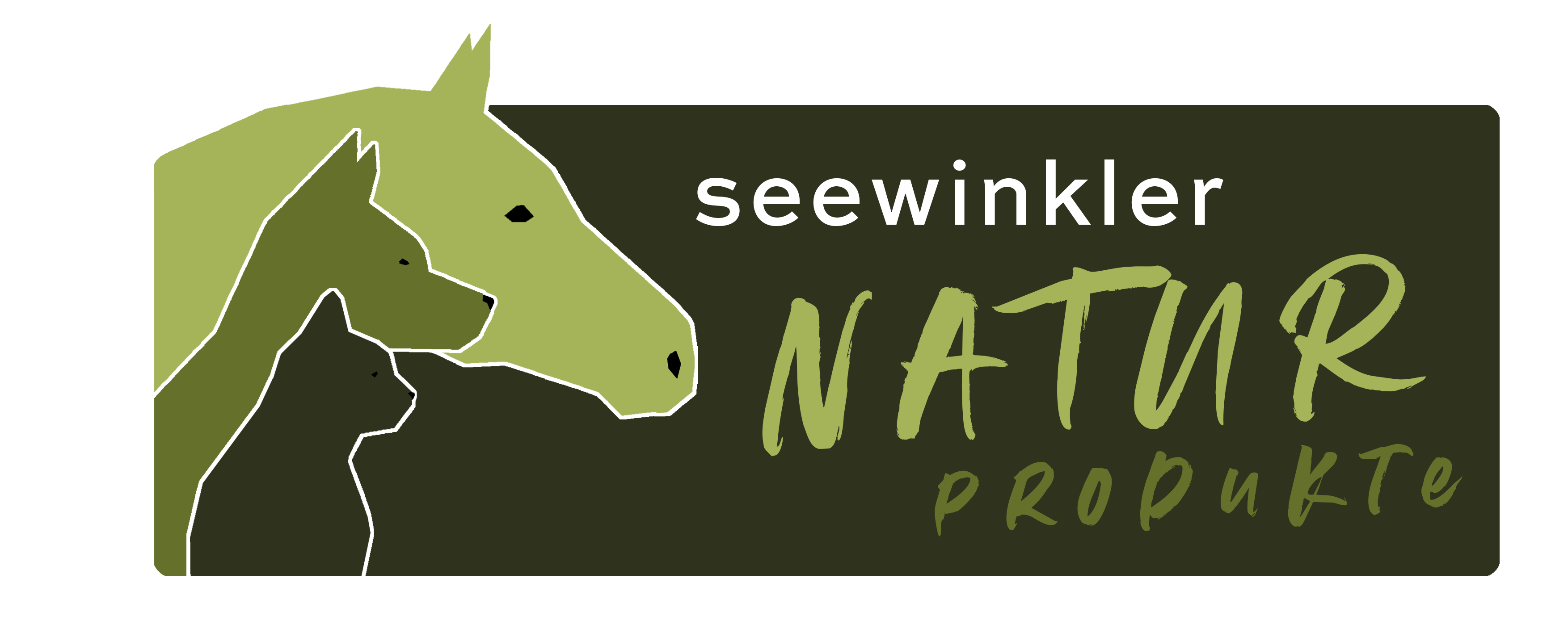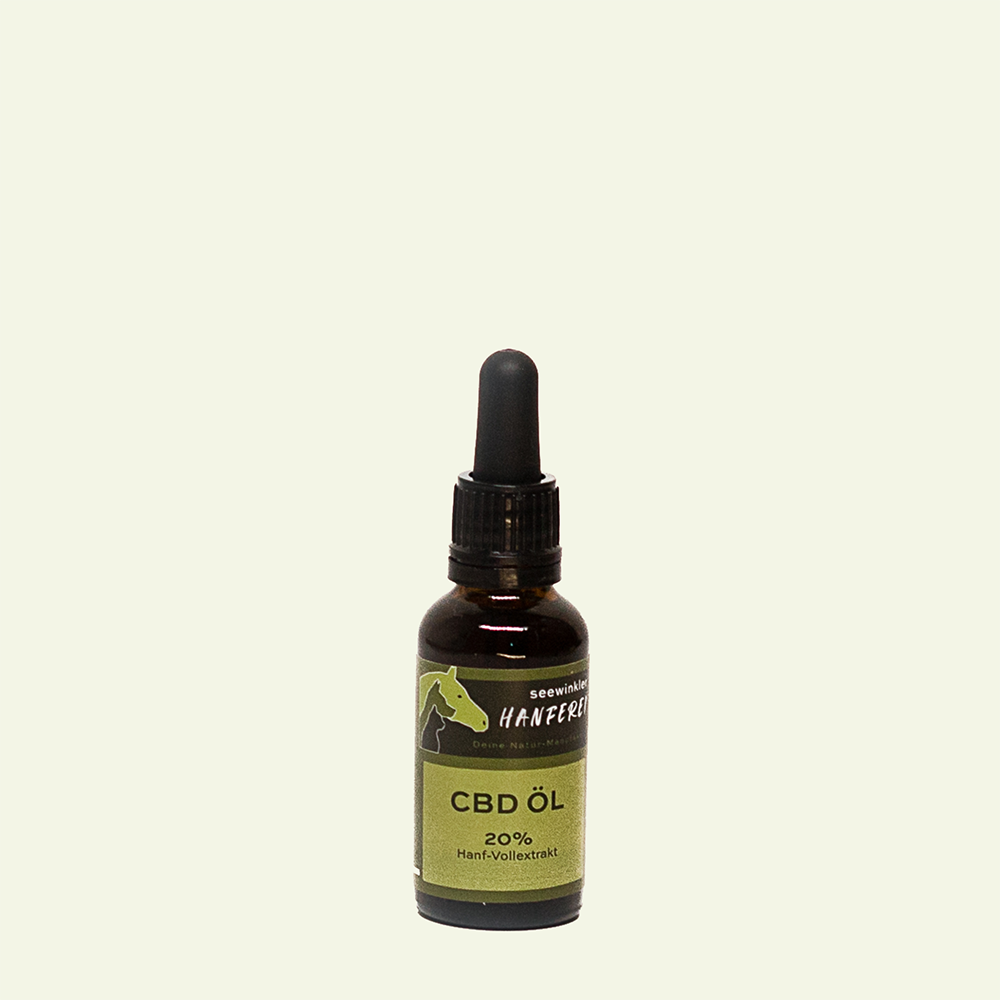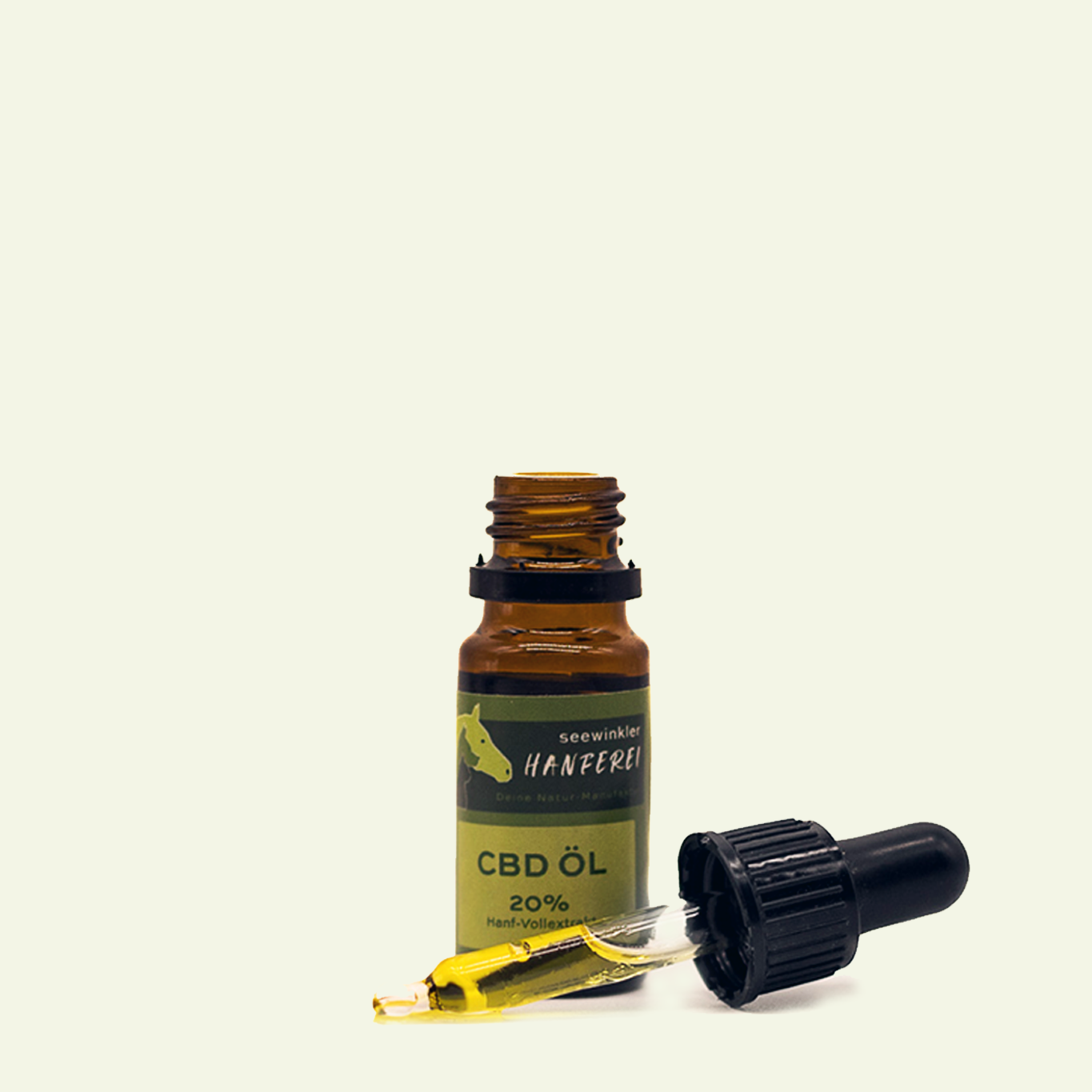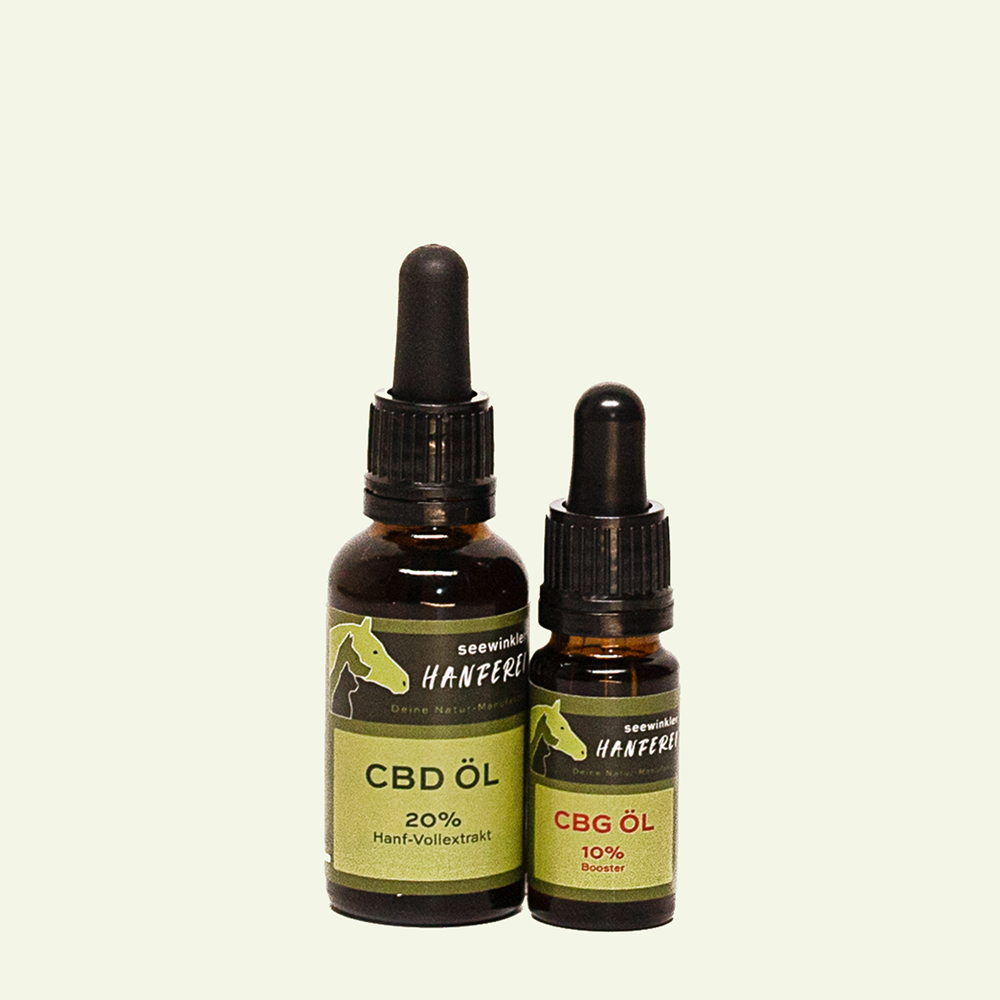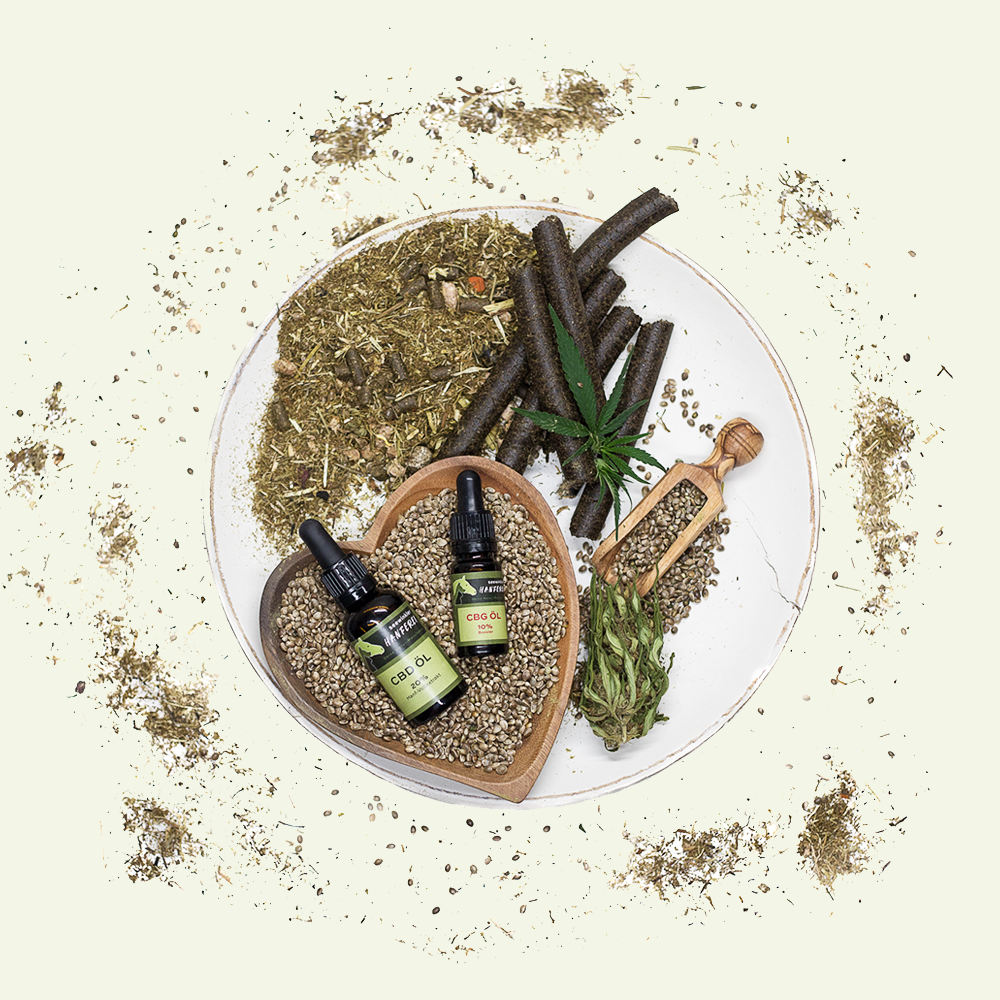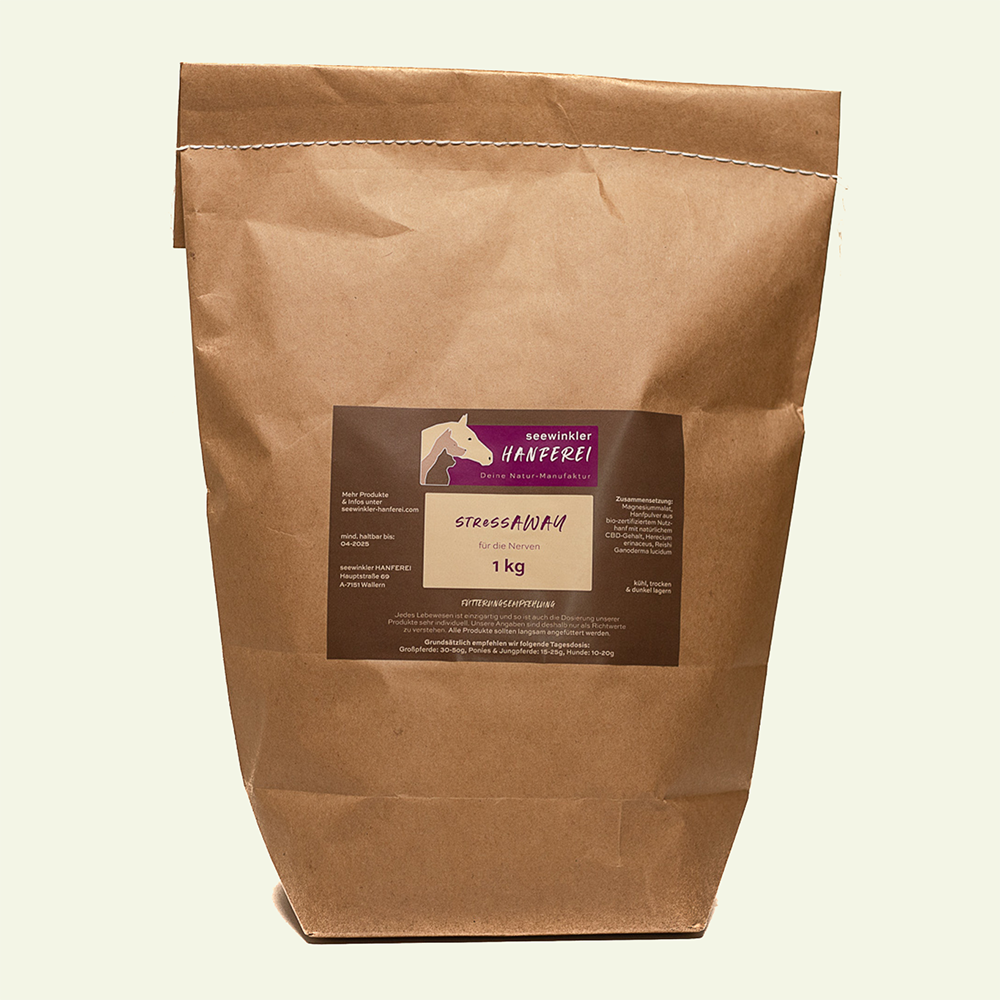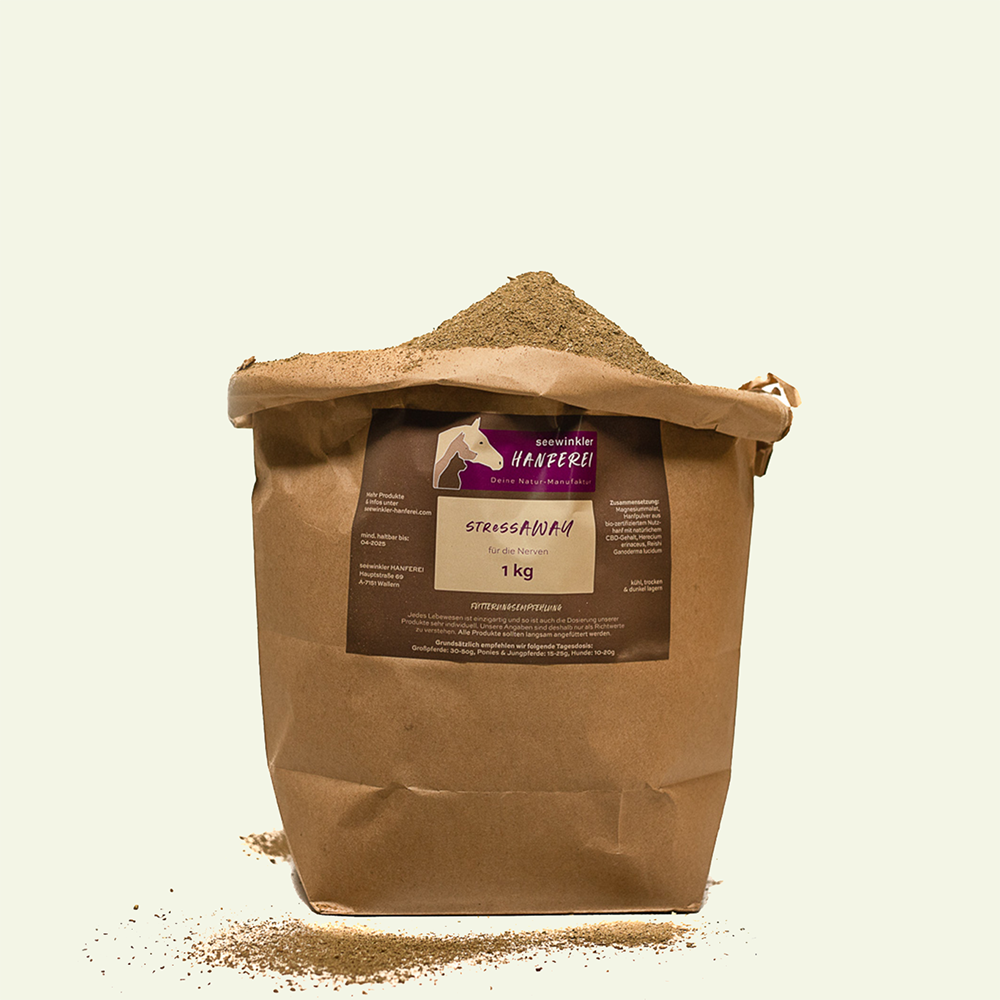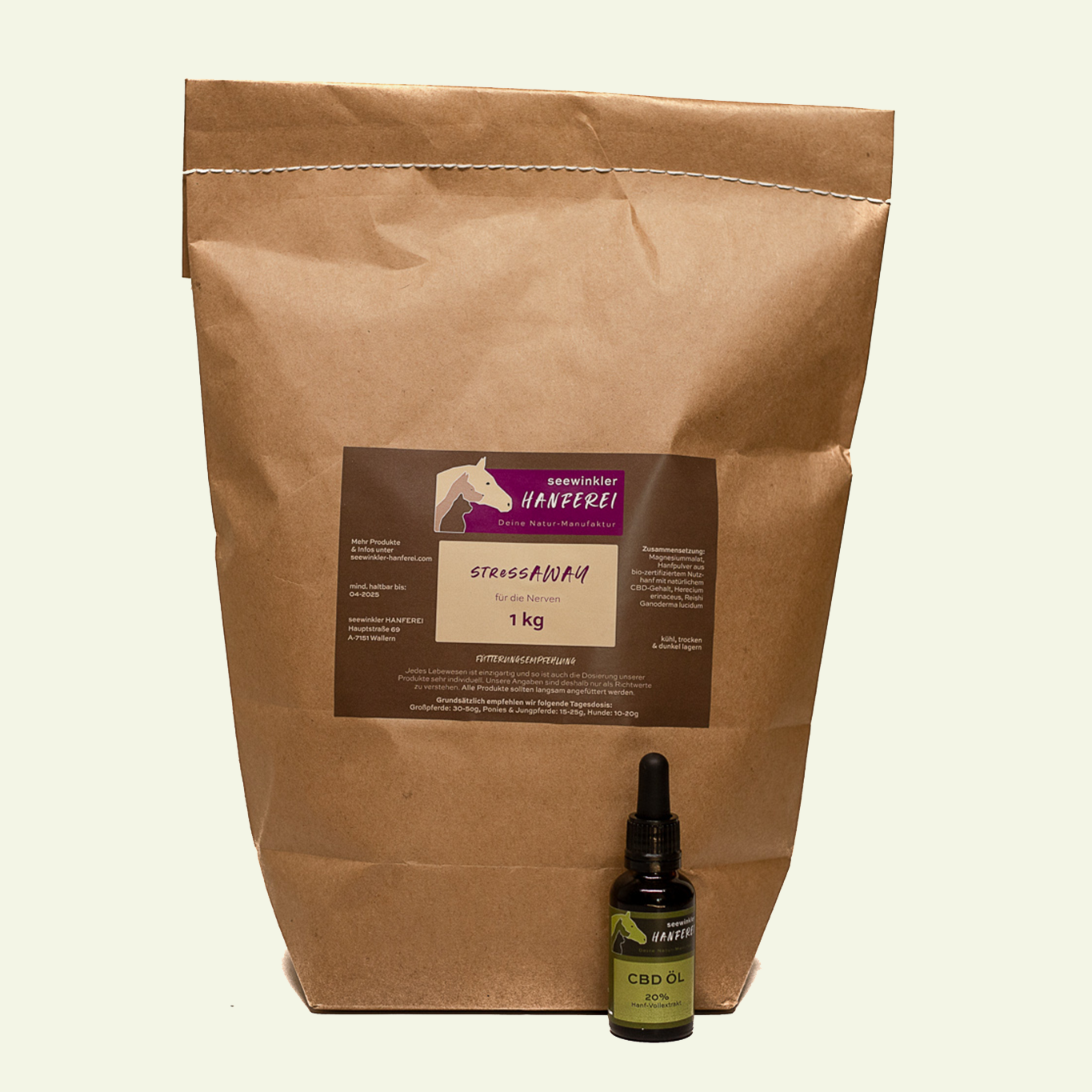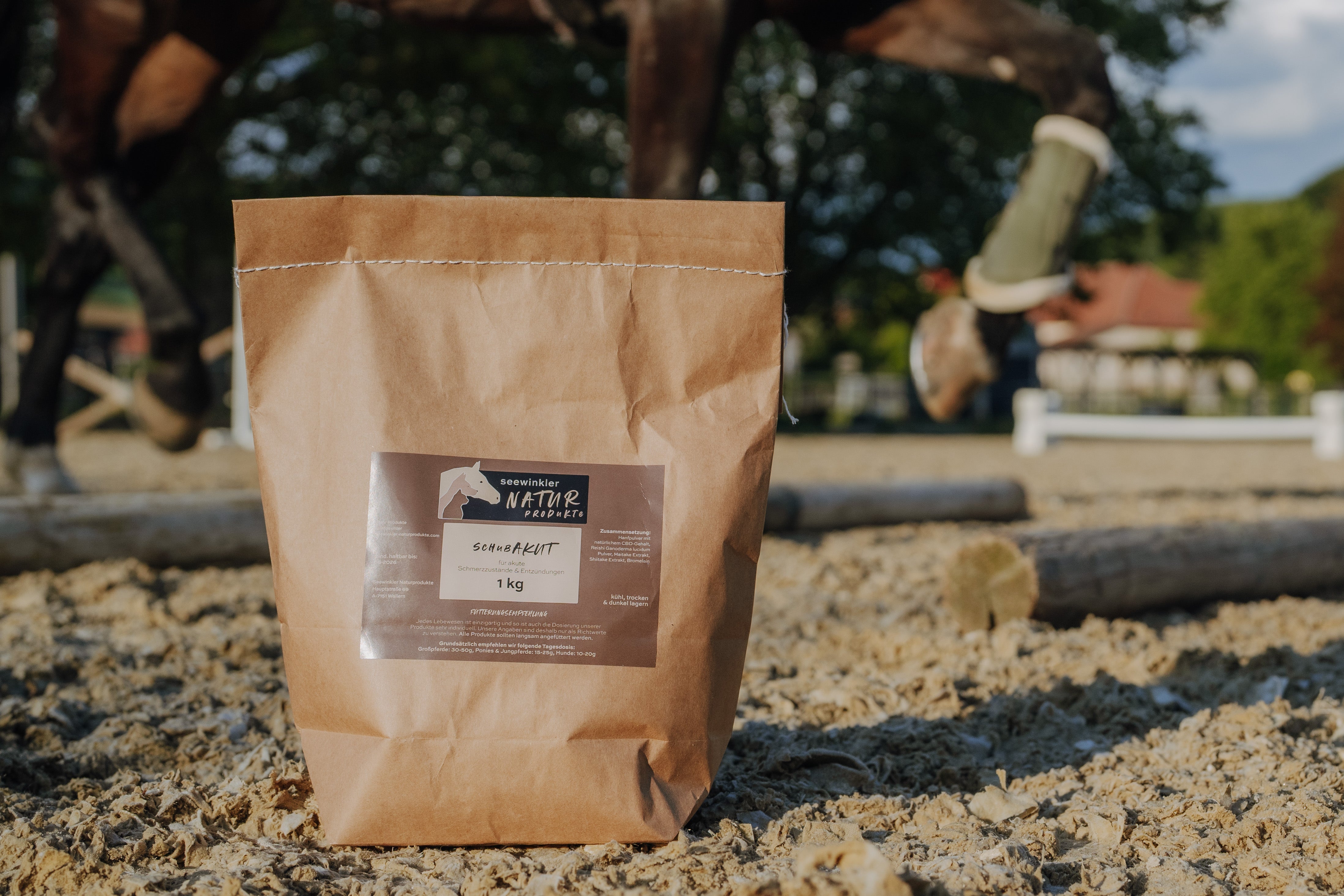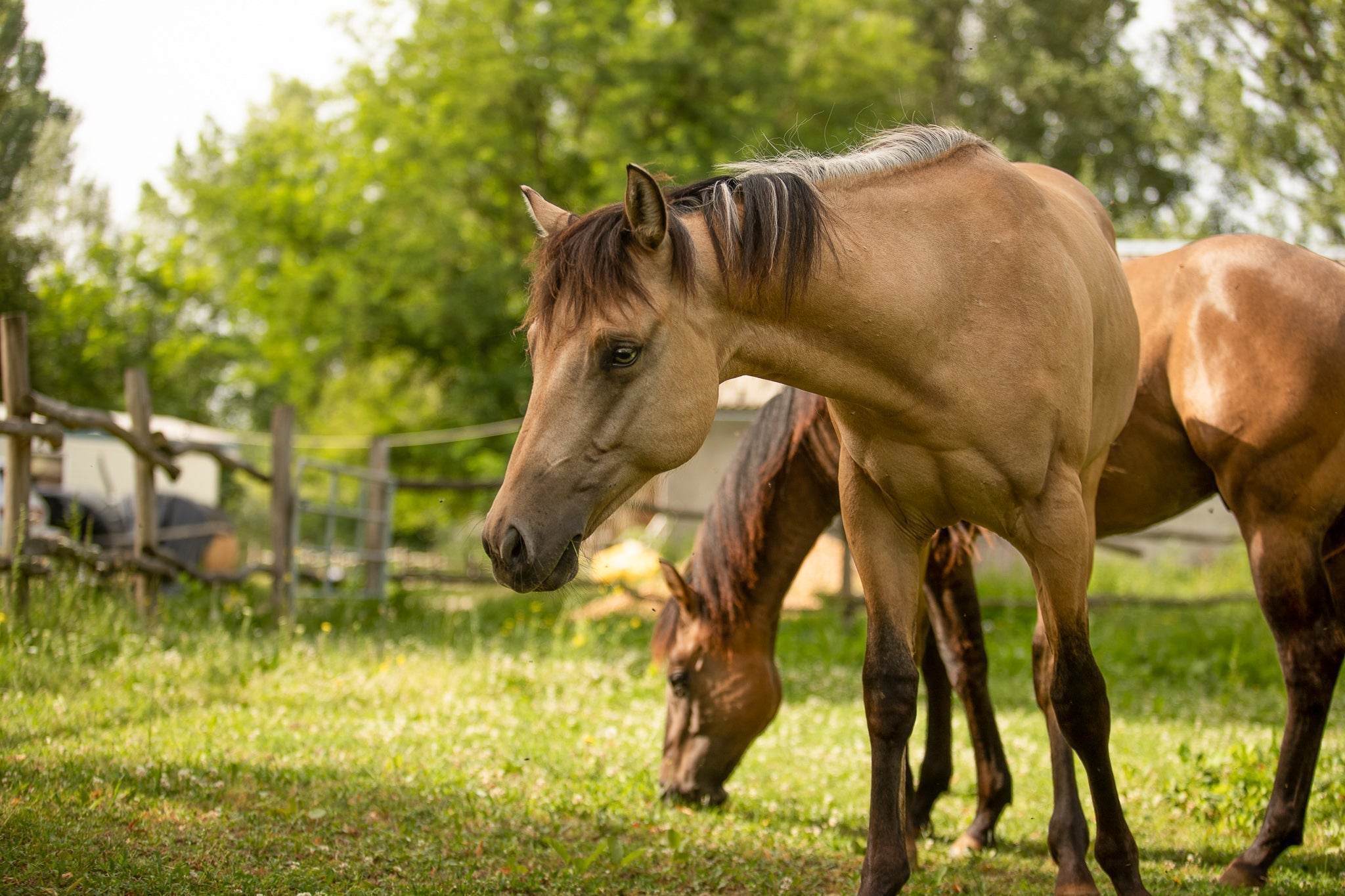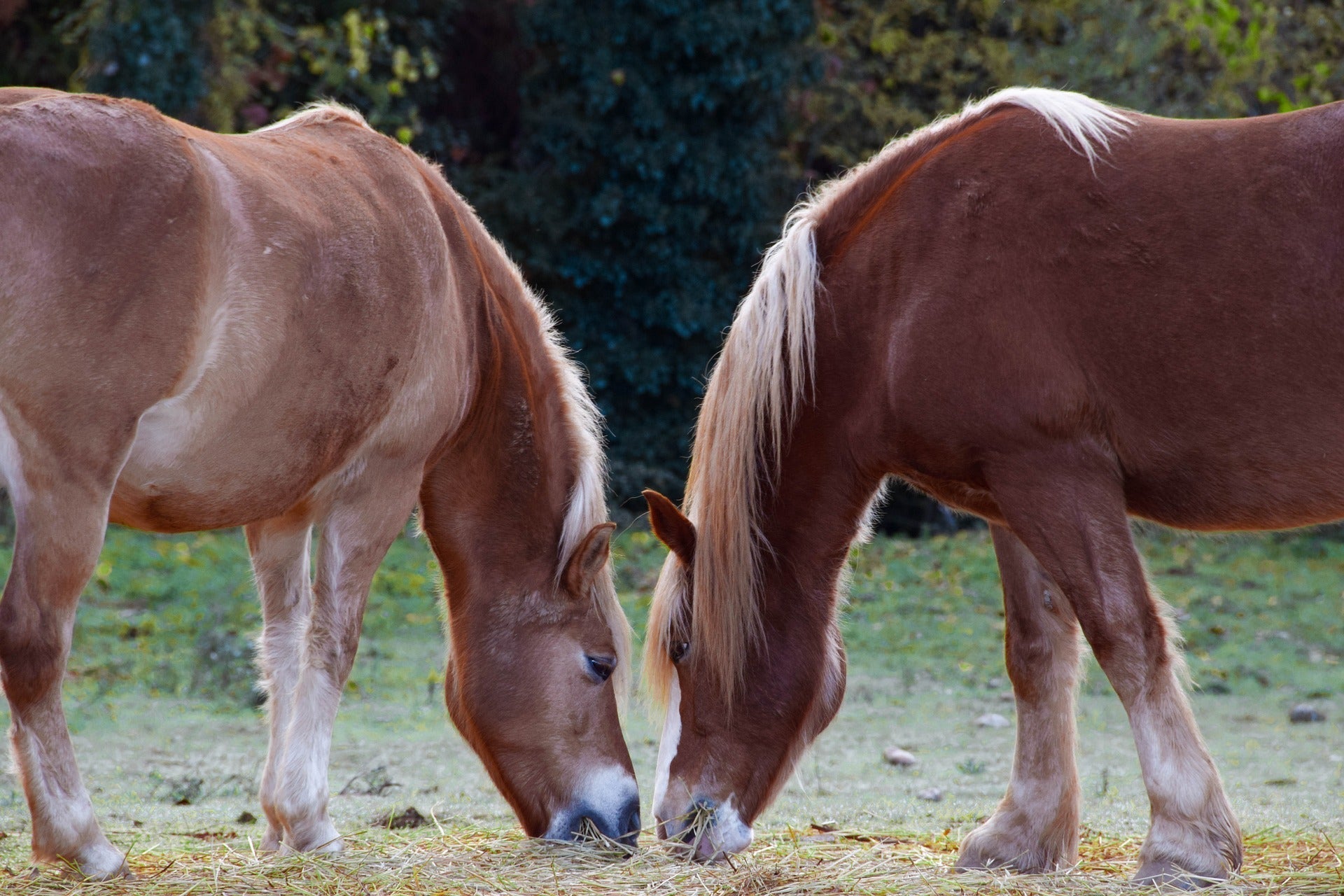Stress and nervous problems in horses are a common issue among horse owners and veterinarians. The most common symptoms include headshaking and cribbing. These behaviors can be due to various physical and psychological stressors. In this article, we look at the causes and research on these problems, as well as possible support from CBD and medicinal mushrooms.
Causes & Studies on Headshaking and Head-Bending
headshaking
is a sudden, uncontrollable shaking of the head - the occurrence and intensity vary from horse to horse. The studies on this topic are comprehensive and provide very good indications for possible treatments. Possible causes of headshaking are:
- allergies (e.g. pollen)
- nerve irritation, especially of the trigeminal nerve
- dental problems
- Poor fit of equipment
A study by Mills and Cook (2006) investigated the use of nose nets to relieve symptoms in horses with headshaking and showed positive results in reducing symptoms. This suggests that increased stress from flying, for example, can lead to headshaking. Aleman et al. (2013) found that horses with trigeminal neuralgia (one of the main causes of headshaking) could benefit from treatment with antiepileptic drugs. CBD is therefore a very promising solution in this area and represents a natural alternative.
Koppen
(also known as "air swallowing") is a behavior in which the horse swallows air through the mouth, often making a characteristic movement with the head.
There is already a good body of research on this. Cribbing is often considered a coping mechanism for horses experiencing intense or prolonged stress. A systematic review by Seabra et al. (2021) found that living in a domesticated environment often causes stress for horses, which can lead to the development of stereotypical behavior such as cribbing. Studies show that cribbing horses also have a higher risk of colic, which is why the cause of cribbing should be found and eliminated.
Causes for cribbing can be derived from this:
- boredom and under-challenge
- stress and anxiety
- lack of social contact
- Inadequate or incorrect feeding
Management and support for headshaking, cribbing and other stress and nerve problems
Management of horses that crib may involve several approaches:
- Nutritional management : A diet high in fibre and low in grains and starch can reduce cribbing and also have a positive effect on nerves. Stress during feeding, too little roughage and unsuitable concentrates can exacerbate both stress and nerve problems.
- Exercise and socialization : Regular exercise and social interactions with other horses can help reduce the frequency of cribbing and can also have a positive effect on headshaking and other stress and nerve-related symptoms. Horses that spend more time outdoors and with other horses are less likely to exhibit stereotypical behavior.
- Equipment that meets your needs: Especially when headshaking, it is important to use suitable equipment so that the sensitive nerves in the head and neck are not further irritated. Adapted blanket management (if necessary) is also advisable.
Support through CBD and medicinal mushrooms
CBD (cannabidiol) and medicinal mushrooms are increasingly being used as natural alternatives to support the health and well-being of horses. There are now promising study results in the horse sector, especially when it comes to nerve and stress problems in our four-legged friends:
- CBD is known for its calming and anti-inflammatory properties. A study by McGrath et al. (2019) showed that CBD has the potential to reduce anxiety and stress in animals.
- A study showed that the administration of high-dose and suitable CBD oil significantly reduced cribbing and in some cases the horse even stopped it completely.
- A study by Morini et al. (2023) examined certain receptors in the nervous system of horses that might respond to CBD. They found these receptors in many nerve cells, suggesting that CBD could potentially be helpful in treating nerve problems such as headshaking syndrome.
The use of CBD in horses can therefore help to alleviate nervous behaviors such as headshaking and cribbing by calming the nervous system and reducing inflammation.
medicinal mushrooms
Reishi, Hericium, Astragalus and others are known for their adaptogenic properties, which help the body to better deal with stress. Here are a few studies on this:
- A study by Dall'Acqua et al. (2017) showed that Reishi has anti-inflammatory and immunomodulatory effects that may contribute to general health and stress reduction in horses.
- A review by Gargano et al. (2021) showed that medicinal mushrooms have many health-promoting properties. They have anti-inflammatory, antioxidant and protective effects on the nervous system. These properties make them good candidates for the treatment of stress-related and neurological problems in animals.
- A study by Singh et al. (2016) investigated the calming properties of medicinal mushrooms in animals. The results showed that the mushroom extracts had a similar calming effect to the well-known tranquilizer diazepam. This suggests that medicinal mushrooms can help reduce anxiety and stress, which could also be useful for treating stress-related behavior in horses.
Conclusion
Stress and nerve problems such as headshaking and cribbing are complex challenges that require a holistic approach. Studies suggest that both CBD and medicinal mushrooms offer promising natural approaches to improving the well-being of horses. However, it is important to always consider the use of such supplements in consultation with an expert and to pay attention to current research findings.
With a carefully curated selection of CBD products and medicinal mushrooms, including Reishi and Hericium, we offer natural solutions to calm and relax the nervous system. Our CBD oils are specially formulated to have anti-inflammatory and anti-anxiety effects, while our medicinal mushroom blends promote general health and stress resistance. All of our products are manufactured to the highest quality standards and are free from harmful additives, grains, molasses and sweeteners. Through regular use, our customers can see a noticeable improvement in the well-being and quality of life of their loved ones.
By combining appropriate management strategies, targeted nutrition and natural supplements, the well-being and quality of life of horses can be sustainably promoted.
Sources:
https://equusmagazine.com/lameness/coping-with-arthritis-in-horses-8356
https://equimanagement.com/research-medical/cbd-research-in-horses/
https://www.mdpi.com/1422-0067/24/21/15949
https://ohioline.osu.edu/factsheet/anr-89
https://equusmagazine.com/behavior/thinking-about-cribbing
https://thehorse.com/1124690/whats-new-with-equine-cribbing-research/
https://www.nutritional-psychology.org/research_studies/medical-mushrooms-and-mental-health/
